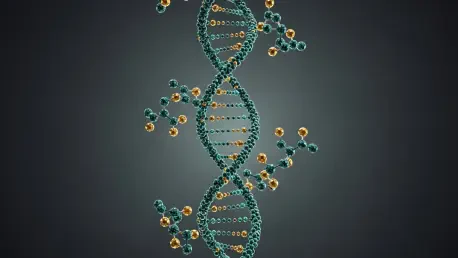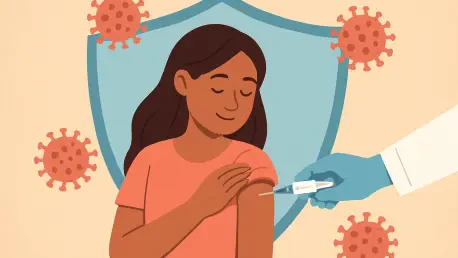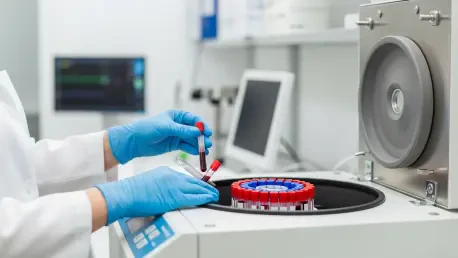
The simple act of smiling at a friend or sharing a meal with family is something most people take for granted, yet for millions of individuals suffering from debilitating jaw dysfunction, these moments are often replaced by a searing, persistent agony that defines their entire existence. This

The traditional understanding of oncology, which once focused almost exclusively on fixed genetic mutations as the sole drivers of malignancy, is currently undergoing a radical transformation as researchers shift their attention toward the epigenetic "software" that governs cellular behavior. In

The traditional landscape of drug discovery has long been characterized by grueling years of manual experimentation where researchers meticulously test one compound at a time in hopes of finding a medical miracle. In a significant departure from this slow-moving heritage, a new era has arrived

Ivan Kairatov is a distinguished expert in biopharmaceuticals and public health, specializing in the intersection of technological innovation and preventative medicine. With an extensive background in research and development, he has dedicated much of his career to analyzing the long-term efficacy

The intricate and often contradictory relationship between lifestyle choices and chronic illness remains one of the most challenging puzzles for modern medical researchers trying to balance long-term health with disease prevention. A significant breakthrough in understanding this complexity arrived

The silent progression of gallbladder cancer often leaves medical professionals with few options because the disease typically remains asymptomatic until it reaches a stage where surgical intervention is no longer curative. This diagnostic gap has spurred an international collaboration between
1 2 3 4 5 6 7 8 9 10 11 12 13 14 15 16 17 18 19 20 21 22 23 24 25 26 27 28 29 30 31 32 33 34 35 36 37 38 39 40 41 42 43 44 45 46 47 48 49 50 51 52 53 54 55 56 57 58 59 60 61 62 63 64 65 66 67 68 69 70 71 72 73 74 75 76 77 78 79 80 81 82 83 84 85 86 87 88 89 90